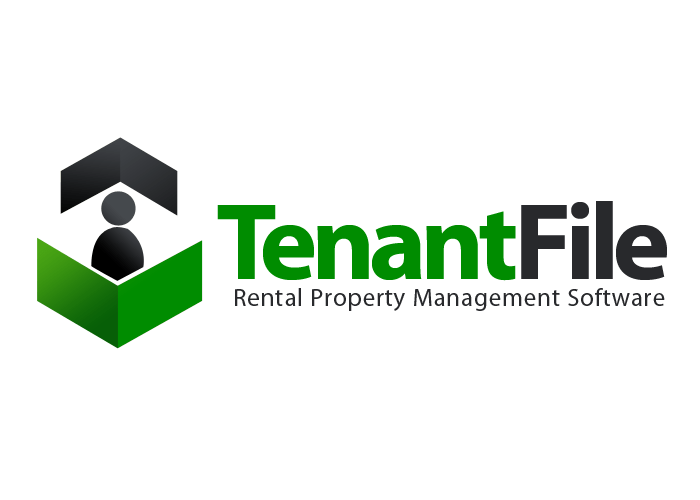The internet has proved to be a phenomenal tool for real estate. Properties can be shared on just about any site, becoming accessible to billions of people within seconds. That being said, with all of the content available on the internet, it’s pretty easy for your listing to get lost somewhere in cyberspace. What can you do to make sure that your listing is reaching enough people?
A good place to start is social media, specifically Facebook. Facebook has millions of daily users, all having something in common: the ability to share posts. If you post your real estate listing on Facebook and have your friends and family share it, the reach is automatically getting bigger. Their friends and family can also see the post and share it themselves, presenting your listing to tons more people. This constant sharing will keep it as a relevant post and will prevent it from getting lost amongst memes and family photos.
It’s also a good idea to post your listing on trusted real estate websites, like Zillow, or Yahoo! Homes. People trust these sites because their main focus is real estate, and that’s what they’re known for. It’s like buying a car; are you going to look on Craigslist first, or look on Autotrader, a site known for car sales? Take advantage of the credibility of these sites and let your listings be seen! Using Craigslist for real estate is useful, but it’s really more targeted towards your community. If you go for a bigger site, the listing will be seen by those who don’t live in your area (yet) but are looking for a home there.




 tantly, allowing you to have lots of options and choose what’s best for you. We all know the classic payment method: checks. Checks are easy because mobile banking now allows you to cash them instantly, but they still require your tenant to bring them to you. Online payments are great because they’re pretty quick for both you, and your tenant. An online system works well when you have a lot of tenants. Another way that people transfer money that’s becoming quite popular is via mobile apps. Mobile apps like Venmo and Square Cash have made it possible for people to transfer money to each other almost instantly. Though this is still fairly new, it may be something you want to consider.
tantly, allowing you to have lots of options and choose what’s best for you. We all know the classic payment method: checks. Checks are easy because mobile banking now allows you to cash them instantly, but they still require your tenant to bring them to you. Online payments are great because they’re pretty quick for both you, and your tenant. An online system works well when you have a lot of tenants. Another way that people transfer money that’s becoming quite popular is via mobile apps. Mobile apps like Venmo and Square Cash have made it possible for people to transfer money to each other almost instantly. Though this is still fairly new, it may be something you want to consider.




